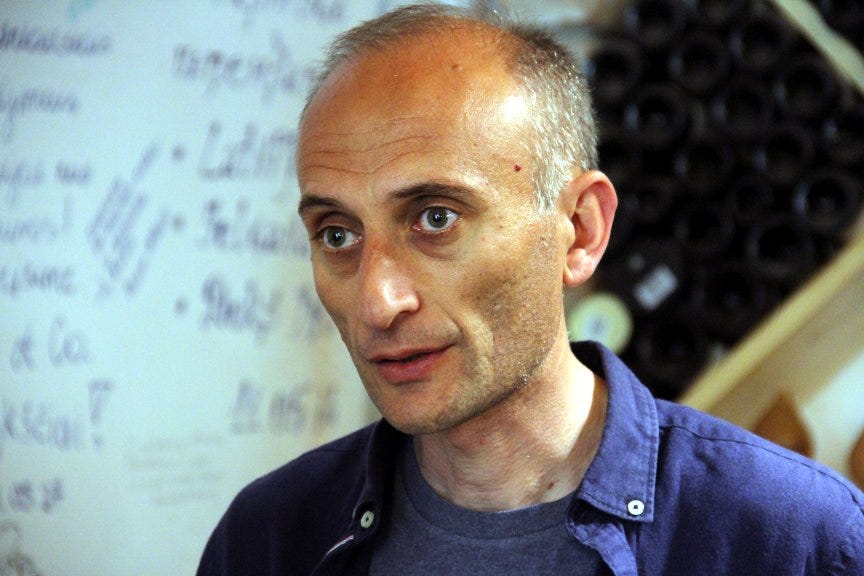Iago Bitarishvili - The Chinuri Master
A profile of one of Georgia's most seminal winemakers, devoted to a single grape variety.
Iago Bitarishvili, founder of the eponymous "Iago's Wine", reveals a fascinating statistic as we chat at his small winery in Georgia's central Kartli region. "In 2009, I decided to put together a tasting of traditional Georgian qvevri wines. I could only find four serious producers who were making these wines - I discounted myself of course, as I was or…
Keep reading with a 7-day free trial
Subscribe to The Morning Claret to keep reading this post and get 7 days of free access to the full post archives.




